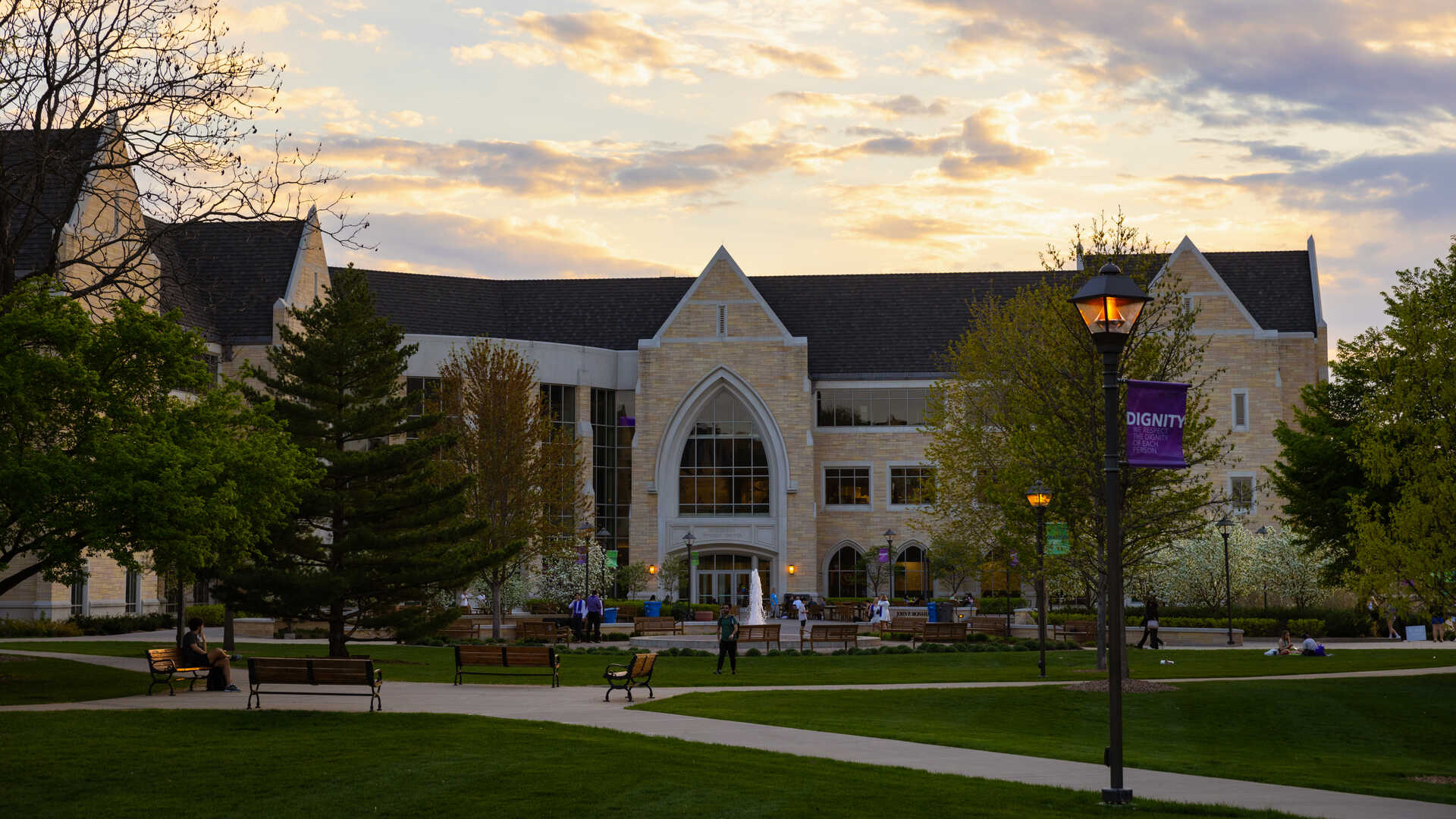Course Authors
Jayne K. Sommers, Ph.D. (she/her) is a White, cisgender woman, educator, scholar, parent, partner, and community member. Currently an Associate Professor in the department of Educational Leadership at the University of St. Thomas, her teaching and scholarly interests coalesce around transforming education through healing-centered and trauma-informed work.
Outside of her faculty responsibilities, she frequently facilitates workshops and provides coaching within the areas of education, healthcare, and social work.
Christina is a Black, cis-gender woman, scholar, and educator with over a decade of experience working within higher education. Her leadership experience includes the recruitment and retention of historically excluded student populations, with a focus on justice-led initiatives that dismantle structural inequities and white supremacist ideologies. In addition to her role as a staff member in the Graduate School of Professional Psychology at the University of St. Thomas, she serves as adjunct faculty in the Educational Leadership program in the School of Education. Additionally, she works as a consultant and coach on trauma-informed practice and pedagogy through the lens of diversity, equity, inclusion, and belonging.
Christina’s primary scholarship and research interests focus on the racial and social identity development of students, trauma-informed pedagogical practice in higher education, Black feminist thought, and culturally sustaining pedagogy. She earned her bachelor's degree from Hamline University in St. Paul, Minnesota, and her master’s and Ed.D. at the University of St. Thomas.
